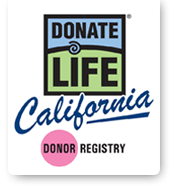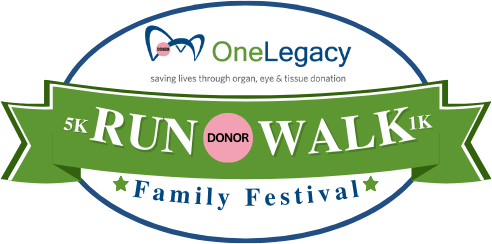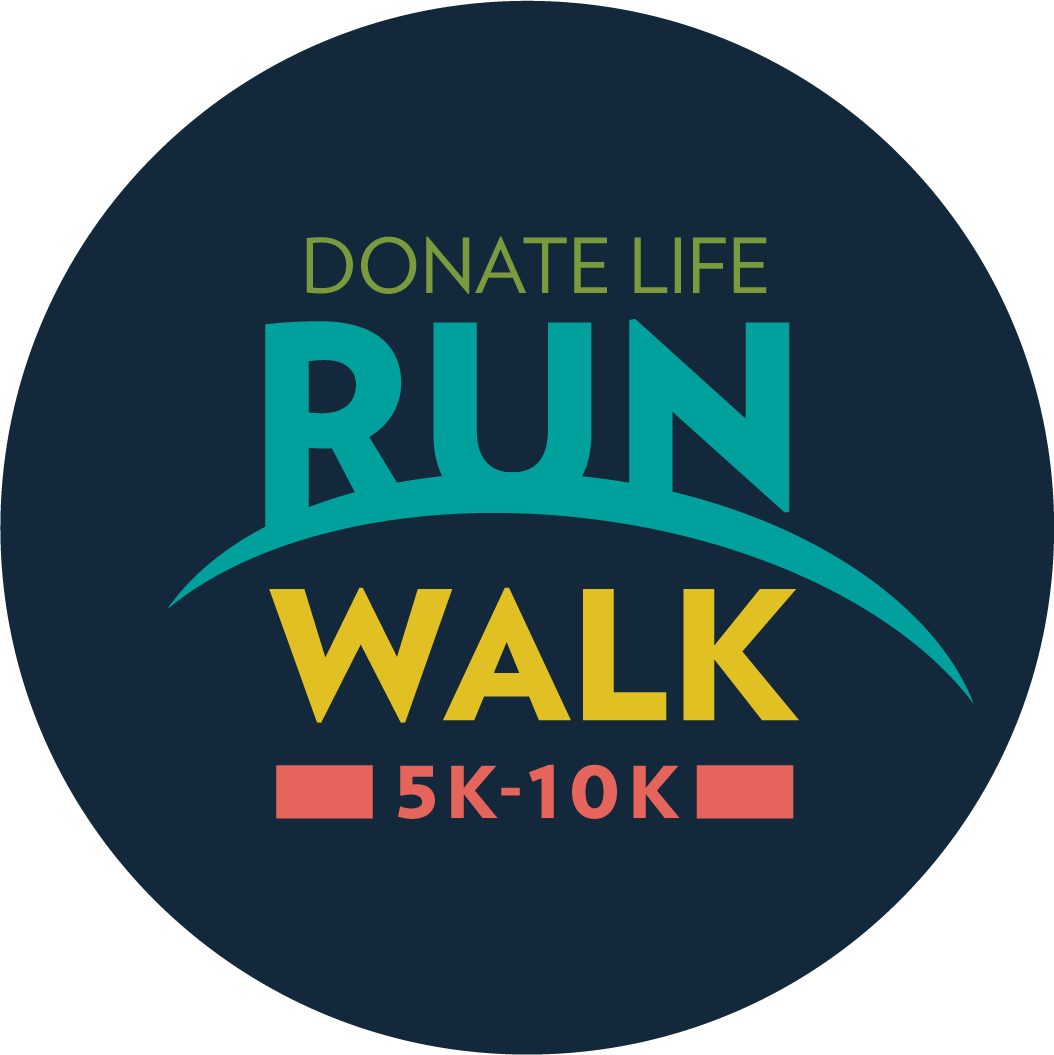Reserve Your Pink Dot Plate at www.PinkDotPlate.org
Donate Life California and California Highway Patrol Launch Special License Plate
SACRAMENTO, Calif., Oct. 24, 2013 – With shared missions to save lives, Donate Life California and the California Highway Patrol (CHP) announced today a special license plate to spread the life-saving message that organ and tissue donation saves lives. The license plate features the Pink “DONOR” Dot, which also appears on driver licenses and ID cards across the state, along with the message “Save Lives! Be an Organ & Tissue Donor.”
Reservations are officially open for the new Pink Dot Plate. All Californians are encouraged to consider reserving one today to show support for this life-saving endeavor. As soon as 7,500 paid reservations have been obtained, production of the colorful special license plates can begin. Proceeds from the license plates will save lives by supporting Donate Life California’s statewide outreach and education programs on organ and tissue donation.
“My husband, Kenyon, was a registered organ and tissue donor. He believed in helping people which is why he was a CHP officer. When he died and became a donor, I knew that’s what he wanted. He saved lives even at the end of his,” said Karen Youngstrom. “I will think of Kenyon every time I see a Pink Dot Plate driving down the highway. I hope it will serve as a reminder how precious life is.”
Officer Kenyon Youngstrom was shot and killed in the line of duty on Sept. 4, 2012 on Interstate 680 in Alamo, California. Through the gift of organ donation, he saved the lives of four people waiting for the gift of life.
“Because of Officer Youngstrom’s decision to register as a donor at the DMV, his wish of helping others continues even after his tragic death. The recipients of his organs have the gift of time and can lead normal lives again,” said Lisa Stocks, President of Donate Life California. “We hope our new Pink Dot Plate will inspire others to consider registering as organ and tissue donors as the special plates drive throughout California.”
”The CHP’s mission is, and always will be, to save lives,” said CHP Commissioner Joe Farrow. “We are proud to remember Officer Kenyon Youngstrom as a hero in life and after his life ended. His decision to register as an organ and tissue donor will have lasting impact to those who now have a ‘tomorrow’ because of him. It is with great pride that we sponsor this life-saving initiative to support Donate Life California and to encourage Californians to sign up to be organ and tissue donors.”
Currently, more than 21,000 people need life-saving organ transplants in California. One person can save up to eight lives through organ donation and improve the lives of 50 others through tissue donation. Californians can register online at www.donateLIFEcalifornia.org or by checking “YES!” at the Department of Motor Vehicles (DMV).
Media Contacts:
Brianne Mundy, Program Manager, Donate Life California, 515-988-0476, brianne@donatelifecalifornia.org
Fran Clader, Director of Communications, California Highway Patrol, 916-843-3310
Fast Facts from Donate Life California:
– One in five on the U.S. organ transplant waiting list lives in California.
– Last year, nearly 1,100 people died in our state waiting for a life-saving organ transplant.
– All major religions support or permit organ, eye and tissue donation.
– Anyone can register to be an organ, eye and tissue donor regardless of age, ethnicity or medical history.
Please visit Donate Life California’s Stories of Hope web page to read inspiring stories about organ and tissue donors and recipients from around the state.
The Donate Life California Organ & Tissue Donor Registry is the nonprofit, state-authorized organ, eye and tissue donor registry, which records the decision to donate in a secure, confidential database that is searched by authorized organ and tissue recovery personnel at the time of an actual donation opportunity. It is administered by Donate Life California and California’s four nonprofit, federally designated organ recovery organizations: Donor Network West , Lifesharing, OneLegacy and Sierra Donor Services. As a state-authorized public service, the registry assures that all personal information is kept confidential and stored in a secure database, accessible only to authorized organ and tissue recovery personnel.
For more information about the Donate Life California Registry, how donation saves and improves lives, and to sign up, please visit www.donateLIFEcalifornia.org or in Spanish at www.doneVIDAcalifornia.org.
High concentration of Azithromycin in infected tissues is also caused by the fact that phagocytes and macrophages transport it to the site of infection and release in the area of inflammation. Azithromycin is prescribed in case of illness or injury at the time.









